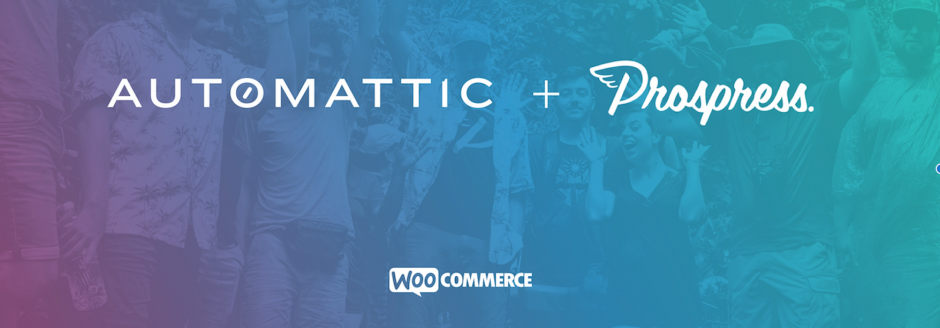Why Payments Are So Hot Right Now
Payments, payments, payments. I could write about them all day. In what’s shaping up to be the next innovation battleground, there’s just so much going on lately.
To that end, Accenture released its 2014 North American Consumer Payments Survey of 4,000 consumers last month. The survey canvassed respondents’ attitudes to different ways of making payments, as well as their expectations of the future.
Millennials & High-Income First To Adopt
Accenture found that Millennials and high-income respondents will be the first to adopt “the next big thing” in payments, and will potentially willing to fork out for it.
This supports our previous position, that Millennials are ready and excited for a new payments paradigm.
Key Findings from the Consumer Payments Survey
The other key findings from the survey were that:
- Consumers expect to use traditional instruments slightly less and emerging payment instruments more.
- Digital currency is a practical reality for consumers today. Usage will only increase by the end of the decade.
- Consumers use of mobile payments has increased significantly in the past two years.
- Consumers prefer today to use network card providers (Visa, Mastercard, Amex) as mobile payment providers.
- Consumers who use mobile payments can be influenced to use them more, but challenges remain for adoption among non-users.
Digital Currencies
Respondents to the Accenture survey believe that digital currencies will experience the biggest growth of all the payments methods included in the survey between now and 2020.
Not surprisingly, there were stark differences between the views of respondents who currently use digital currencies and those who don’t.
Respondents who use digital currencies perceive several benefits:
- 36% think a key benefit of digital currencies is that they protect identity and enable anonymous transactions.
- 21% see lower cost transactions as a benefit.
- 20% consider no government intervention or third-party intermediary an important benefit.
I think the spread of perceived benefits will shift, as the users of digital currencies become more mainstream. While identity protection is important, the greatest transformative opportunity lies in the lower transaction costs and removal of intermediaries.
The main reasons some respondents don’t yet use digital currencies are lack of knowledge and understanding, and a perceived lack of convenience. These perceptions can easily be changed as digital currencies become more common.
Mobile Payments
The other area that is heating up is mobile payments, which received a significant boost with the recent introduction of ApplePay. Accenture notes other factors are driving this, including technology innovation, omnichannel commerce, and our growing reliance on smartphones.
The survey responses indicated that awareness and use of mobile payments is on the rise. In 2012, consumer awareness of mobile payments was 73%, now it’s 84%. Mobile payments use has increased by 24% in the US, and by 16% in Canada.
Millennials (18-34 year olds) are the most likely to use a smartphone to make mobile payments.
Tech start-ups like Square have the most work to do in convincing consumers to use them for mobile payments. Consumers place greater trust in larger tech companies and network providers (as well as established banks and players like PayPal), which is probably why so many partners were willing to work with Apple on ApplePay.
Implications for Store Owners
Why, as an online store owner, should you care?
It may not be tomorrow, next year, or even the year after, but eventually you will need to accept digital currencies in your online store. Many established businesses (Expedia, Overstock, Dell) already offer bitcoin payments, and this is only the beginning.
Besides, there are plenty of potential benefits for you as a store owner with increasing digital currency adoption—including reduced transaction costs and a broadened international appeal.
I’ve written previously about how the rise of mobile and location-based commerce may encourage you to offer some sort of omnichannel (online and offline) experience to your customers.
Offering mobile payments to your customers as you to run that funky pop-up store—or showcase your goods at the Sunday markets—helps you avoid being that annoying vendor who only accepts cash.
Finally, offering mobile payments can be a great differentiator (at least until it goes more mainstream).
Starbucks have experienced great success with their mobile payments app. I know I often get my coffee from Starbucks purely because the novelty of the app has yet to wear off.
What can I say? I’m an easily-pleased Millennial.




[…] of payment processors, here’s an argument on why should should accept digital currency from […]